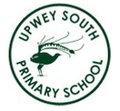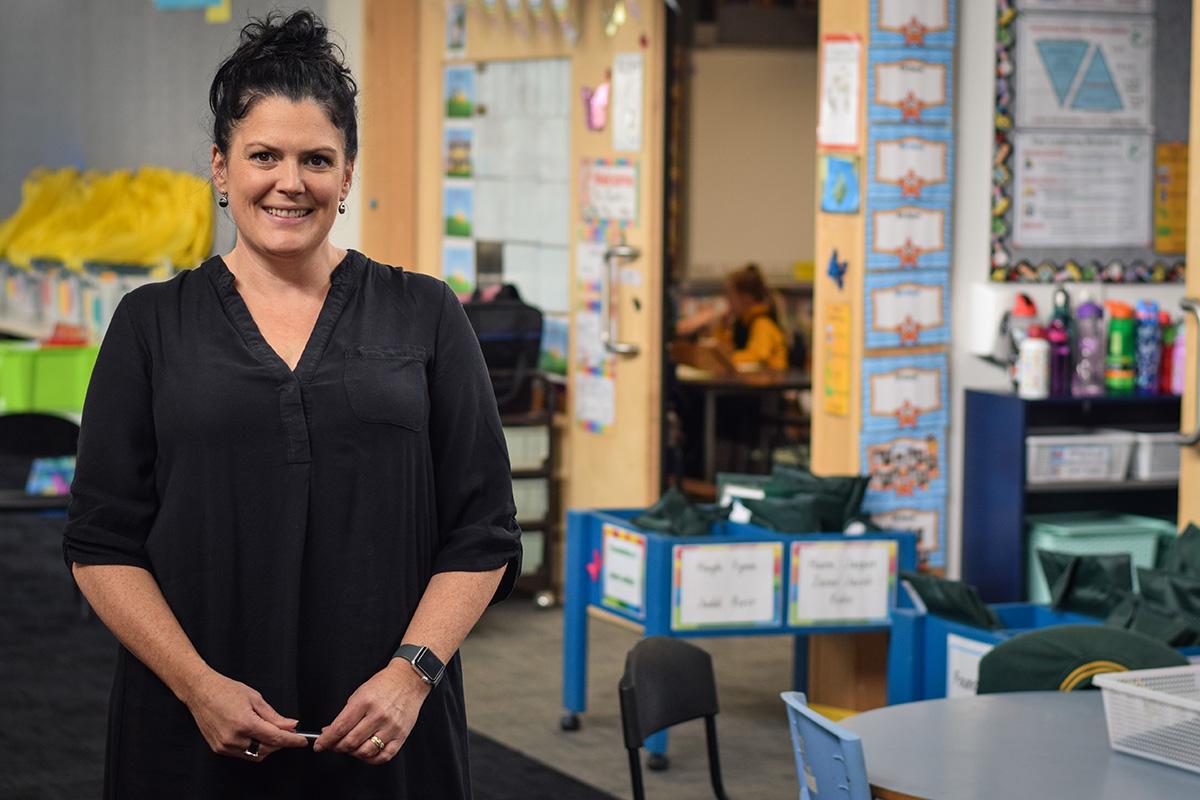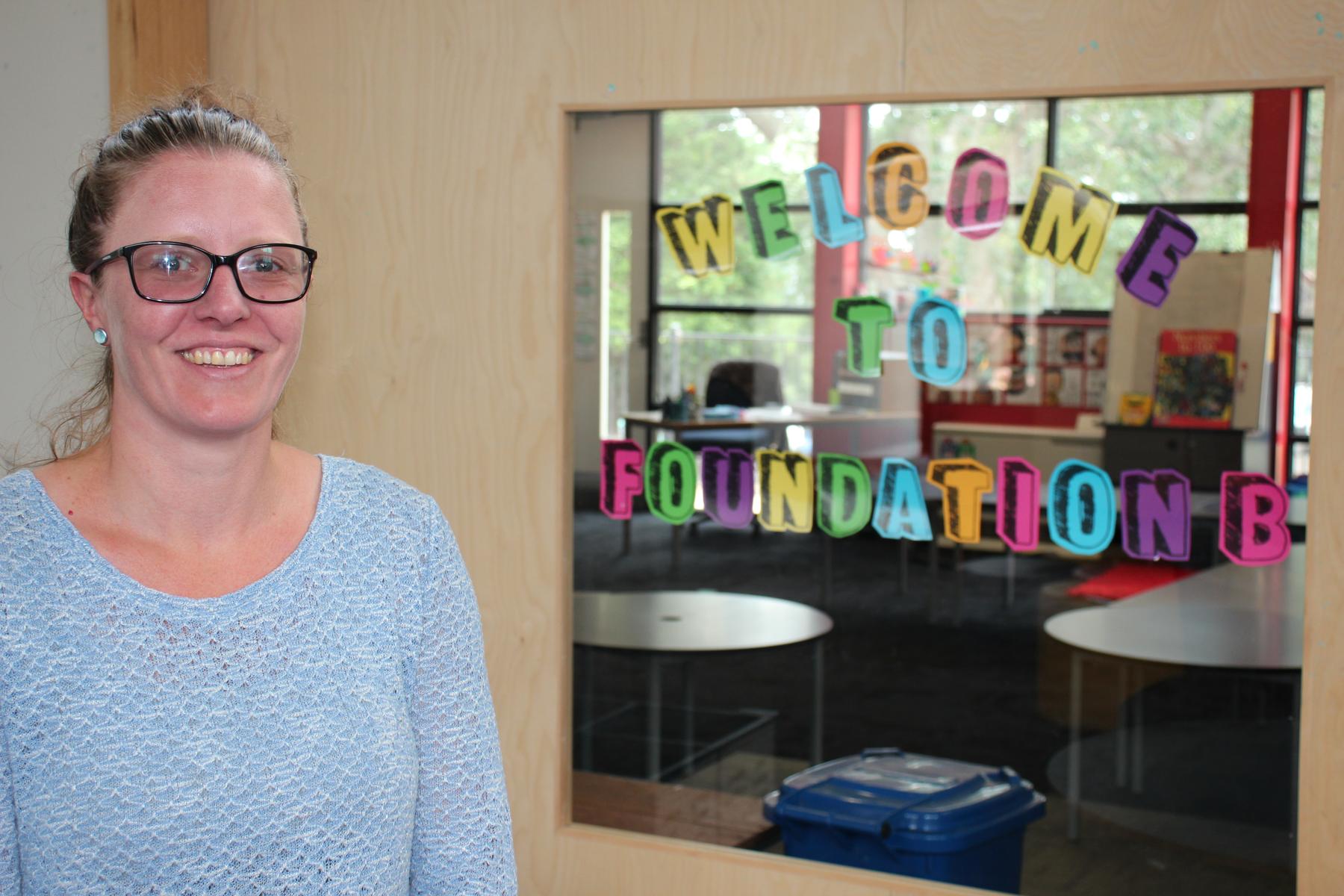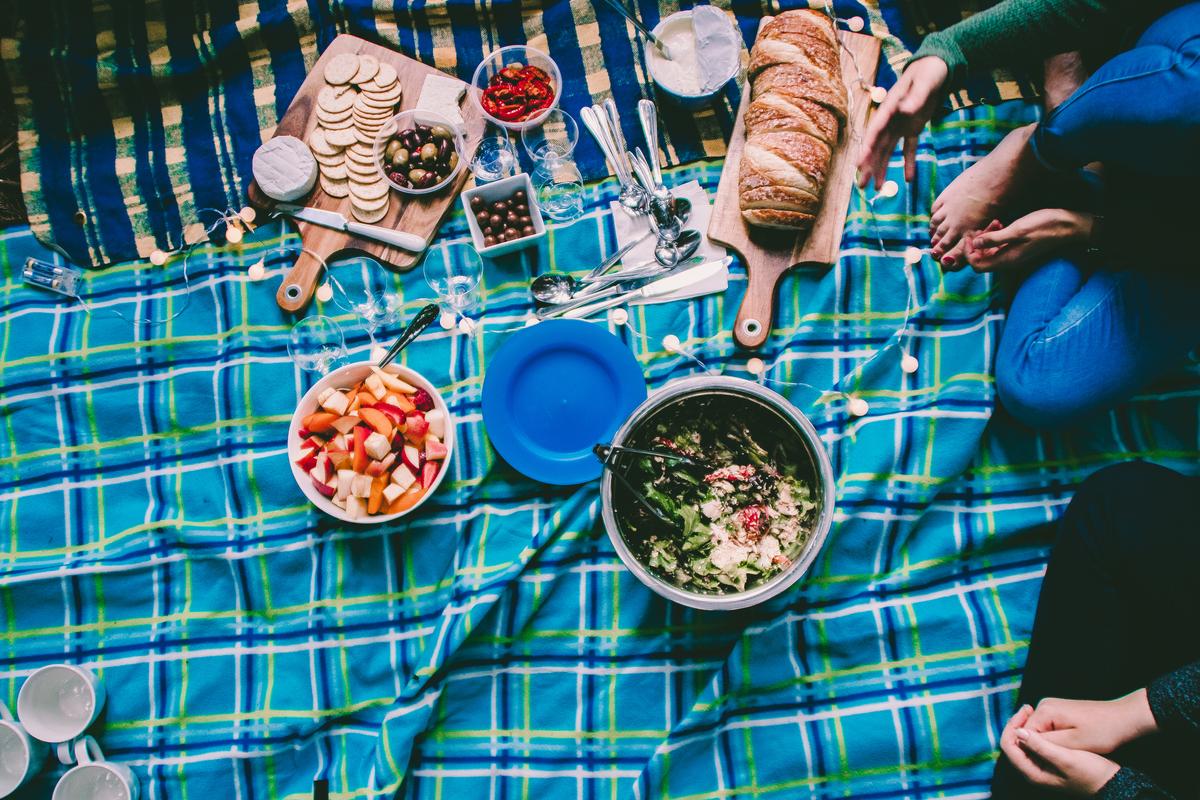Foundation

Communicating with the Foundation Team
We look forward to partnering with you in 2020, and welcome your input:
Holly Peters (Class FA) peters.holly.l@edumail.vic.gov.au
Lisa Dam (Class FB) dam.lisa.l@edumail.vic.gov.au
Prep Picnic- Community Welcome
We would like to thank all of our families for a wonderful start to the 2020 school year!
As a community minded school, we are mindful that one of the great things about having a child commencing school is that it brings an opportunity for families to connect across our community.
Therefore, on Thursday 20th February 5:00pm-6:00pm we are asking that Foundation families take the opportunity to join us for a picnic dinner under the Oak Trees.
What should you bring? Come along with some comfortable chairs, or a blanket for your family. Bring a family picnic dinner that tickles your fancy. Note: Due to varying dinner and dietary requirements the school will not be supplying food.
Why should you join in? The evening presents a great opportunity for our families and students to get to know each other a little better. Relax together, chat, or have a play with supplied school equipment. The Foundation classrooms will also be open for families to walk through, so that you can see what our students have been doing in their first few weeks.
This is an event for the whole family, with younger and older siblings, and extended families welcome to join us.
We look forward to catching up with you on the evening.
Kind regards,
Holly Peters and Lisa Dam
Foundation Team
Inquiry Focus- Term One 2020
Please see below for information regarding the focus of our Inquiry Unit this term.
Unit One Title: Belonging Through Line: Community Learning Area/s: Health Capability: Personal & Social Capability/Intercultural Capability |
Content: Health Content Descriptors – Personal and Social Community Health Being healthy, safe and active
Communicating and interacting for health and wellbeing
Contributing to healthy and active communities
Personal and Social Capability Content Descriptors – Self Awareness and Management Recognition and expression of emotions
Development of resilience
Personal and Social Capability Content Descriptors – Social Awareness and Management Relationships and diversity
Collaboration
Intercultural Capability Content Descriptors Cultural practices
Cultural diversity
Achievement Standards: Health By the end of Foundation Level:
Personal and Social Capability By the end of Foundation Level:
Intercultural Capability By the end of Level 2:
|
Themes: Students learn about themselves including their likes, dislikes and strengths, and those of their peers. Students are introduced to the idea of the classroom being a community and they learn about classroom rules. They interact with their peers, teachers and other adults in a range of contexts. They learn to play constructively together, recognising emotions and expressing personal preferences, etc. |
Questions: What are our individual strengths, like and dislikes? How can we be safe, healthy and active at school? Why do we need rules? What rules would be suitable for our classroom? How are classrooms different to family and other rules? How can we work with others in groups?
Key Understandings: Everyone has qualities that make them special I can learn ways to manage my feelings Everyone belongs to a group Actions that help them be healthy, safe and physically active at home and at school Classroom rules and why they are needed Comparisons of classroom and family rules, and other rules that they know about
|



